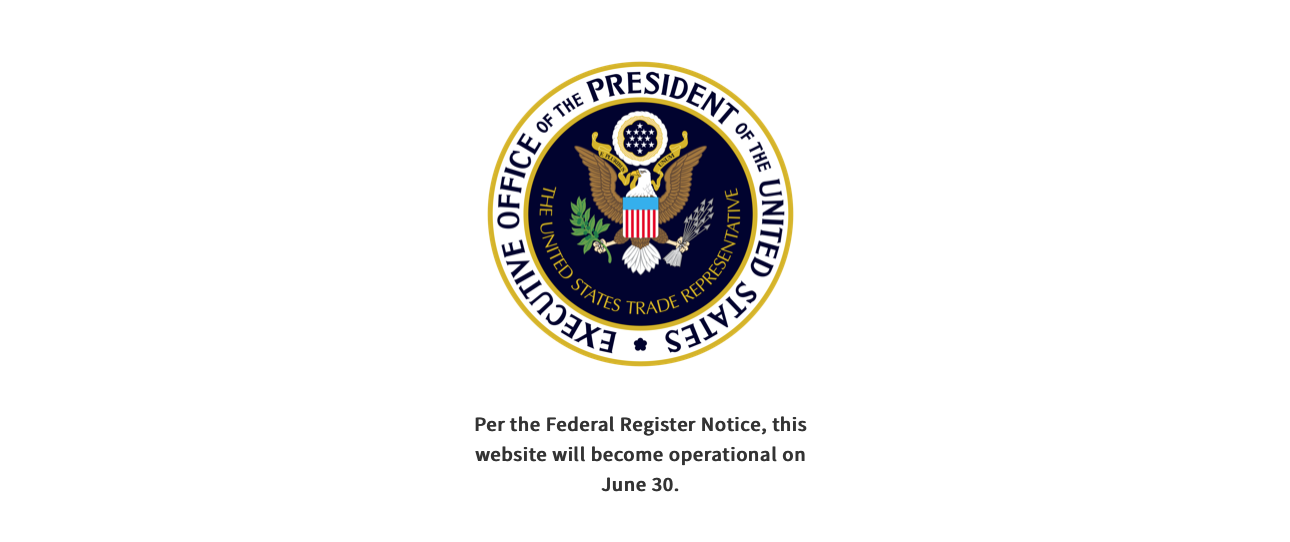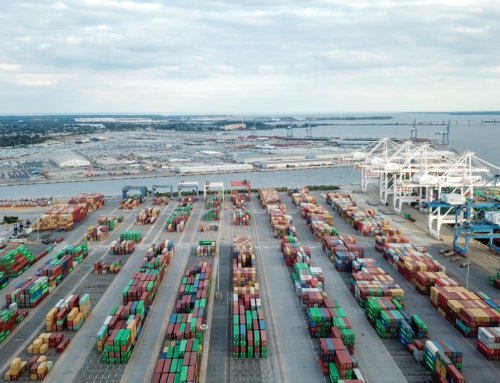As U.S. President Donald Trump and China’s President Xi Jinping prepare to meet in Osaka, Japan in the coming week at the G-20 Summit on June 28-29 to discuss the on-going trade dispute, international shippers are watching closely hoping for reprieve from Section 301 duties.
At a June 19, the Office of the U.S. Trade Representative (USTR) advised Section 301 product exclusions for List 1 and 2 will not be automatically renewed under action for List 4 that targets all remaining trade with China with the exception of rare earth minerals, pharmaceutical ingredients of prescription drugs, “sheath contraceptives of vulcanized rubber,” and “modeling pastes, including those put up for children’s amusement.”
The USTR advised they “will issue guidance—in advance of the date of the expiration of exclusions—on whether renewals are possible.”
LIST 3 EXCLUSION REQUEST PORTAL
Already tight on personnel to process exclusions for Lists 1 and 2, the Office of the U.S. Trade Representative is anticipating an even greater wave of requests for List 3, which at $200 billion in product value, is four times the size of the first two lists combined.
This week, the USTR announced the June 30th launch of an electronic portal to assist in processing the anticipated product exclusions.
June 30, 2019 at noon EDT:The web portal for submitting exclusion requests – https://exclusions.USTR.gov – will open.
September 30, 2019:Deadline for submitting exclusion requests.
Responses to individual exclusion requests are due 14 days after the request is postedon USTR’s online portal. Any replies to responses to an exclusion request are due the later of 7 days after the close of the 14-day response period, or 7 days after the posting of a response.
ADDITIONAL REQUIRED INFORMATION
In addition to the general filing request information, List 3 requests must include the following supporting data and rationale:
- Requesters must provide their relationship to the product (Importer, U.S. Producer, Purchaser, Industry Association, Other) and provide specific data on the annual quantity and value of the Chinese-origin product, domestic product, and third-country product the requester purchased, in 2017, 2018, and the first quarter of 2019.
- Requesters must provide information regarding their company’s gross revenues for 2018, the first quarter of 2018, and the first quarter of 2019.
- For imports sold as final products, requesters must provide the percentage of their total gross sales in 2018 that sales of the Chinese-origin product accounted for.
- For imports used in the production of final products, requesters must provide the percentage of the total cost of producing the final product(s) the Chinese-origin input accounts for and the percentage of their total gross sales in 2018 that sales of the final product(s) accounted for.
General filing information requested of all Section 301 product exclusions:
- Whether the particular product is available only from China and specifically whether the particular product and/or a comparable product is available from sources in the United States and/or third countries;
- Whether the imposition of additional duties on the particular product would cause severe economic harm to the requestor or other U.S. interests; and
- Whether the particular product is strategically important or related to “Made in China 2025” or other Chinese industrial programs.
Approved exclusions will be published periodically in the Federal Register and are retroactive to September 24, 2018.
As Green continues to monitor the situation, stay up-to-date on freight news by following us on Facebook, Twitter, and LinkedIn. For continuous updates, make sure to check out our website at greenworldwide.com.






